 Tuesday, May 23, 2017 |
Tuesday, May 23, 2017 |  Hugh Locke
Hugh Locke Timberland and Thread Partner to Drive Social Impact in Haiti
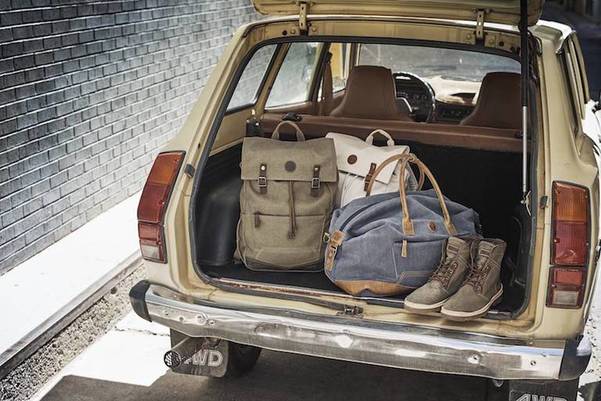 The Timberland X Thread collection features five styles of men’s footwear, two bags and one T-shirt —
The Timberland X Thread collection features five styles of men’s footwear, two bags and one T-shirt —
all made from recycled plastic bottles collected in the streets of Haiti.
REPRINT > by Mary Mazzoni for Triple Pundit
Earlier this month, outdoor gear giant Timberland announced a partnership that quickly drew attention across the web.
The company collaborated with Thread, a Certified B Corporation based in Pittsburgh, on its latest clothing line. The startup transforms plastic bottles from the streets of Haiti and Honduras into what it calls “the most responsible fabric on the planet.”
Beyond the environmental benefits, Thread creates job opportunities for self-employed refuse collectors. Such a job may sound odd in the developed world. But as Ian Rosenberger, founder and CEO of Thread, told TriplePundit: “The poorest countries in the world tend to be the most vulnerable when it comes to waste infrastructure.” Recyclables often lay in the streets or float in canals, representing an environmental blight and a lost economic opportunity.
Margaret Morey-Reuner, director of strategy partnerships for Timberland, knows this all too well. She manages the company’s agroforestry project in Haiti. And her personal connection to the island nation is what first drew her to the partnership with Thread.
“We’ve recycled more than 233 million plastic bottles to date and turned those bottles into our products,” she said of Timberland. “But we didn’t have exposure to where those bottles necessarily originated from or who was responsible for picking them up or recycling them.”
“By choosing Thread’s fabric … we can actually give the consumer full visibility not just into the people who pick the bottles up, but also into the economic and social impacts these jobs are having on their lives.”
The Timberland X Thread collection features five styles of men’s footwear, two bags and one T-shirt. Half of the shoes and shirt are made from Thread’s ‘Ground to Good’ material, while the bags are made almost exclusively from the fabric. The products are available online and in Timberland stores around the world.
By utilizing Thread’s hyper-local supply chain, each bottle that makes up these pieces was collected for this specific purpose. And Thread not only employs local collectors, but also works with locally-owned processing centers to source its raw materials.
“Our material starts in trash heaps on the ground in some of the poorest neighborhoods in the world,” Rosenberger told us. “And in the process of being picked up, it creates about 3,000 opportunities for income in Haiti and Honduras.”
The initial product offering is sure to excite eco-fashion aficionados. But it’s the nuts and bolts of this partnership that will attract attention from the business community — and it’s a case study in how startups and big brands can come together to drive social impact.
“This partnership is different from just another recycled materials announcement,” Rosenberger insisted. “The fact that Timberland is connecting people in the first mile of supply chains with the consumer is really unprecedented.”
A scalable partnership offers advice
The question of scale looms heavily when a startup partners with a huge brand like Timberland. But Rosenberger is confident in Thread’s ability to deliver.
His company spent its first two years auditing waste streams in Haiti to assess how much trash was available to create recycled material. “And unfortunately, there’s way too much,” Rosenberger said. “So the downside is there’s too much waste in poor communities. On the upside, I think that represents a renewable resource that has the opportunity to pull thousands and thousands of people out of poverty.
“We have more than enough material to serve not just Timberland but every brand within [parent company VF Corporation’s] family of brands,” he continued. “We’re confident that we can serve some of the largest apparel brands in the world. It’s a matter of those brands participating.”
For its part, Timberland did. And the resulting partnership offers poignant advice to both legacy companies and startups on how they can achieve more through collaboration than they ever could separately.
For big brands
“It’s always worth taking the phone call and having the ability to listen, because you never know what doors are going to open,” Morey-Reuner told 3p.
Timberland initially announced its partnership with Thread in June of last year. Bringing it to fruition took longer than both companies expected, Morey-Reuner told us. But it was those extra steps that paved the way for a more successful union.
At the onset, the Thread team flew out to Timberland HQ to meet with key company stakeholders. Some were concerned about the partnership’s ability to scale, which Morey-Reuner said stemmed from past experiences with other suppliers.
A simple conversation “went a long way,” she told 3p. “Maybe some of those folks might have felt like some of our past initiatives were being shoved down their throats, which isn’t ever how you want to feel. So we tried to work very hard to take a different, more holistic and collaborative approach that will benefit both parties.”
The open and honest discourse proved a success. “We were very clear up front: We wanted to be very open and honest with [Thread] about the challenges we faced in the past. And we tried to take on a role of a mentor as well as a brand partner,” Morey-Reuner explained.
“As we see it, if we’re going to ask them to explore possibilities on our behalf, that request by its very nature calls us to assume some level of accountability to do anything we can to help them succeed.”
“It’s a nice check and balance between startup company and big brand,” Rosenberger added. “It forces us to act like a mature company. And it forces brands like Timberland to check their own methods when it comes to things like sustainability and responsibility.”
For social entrepreneurs
All social entrepreneurs begin with a big idea. They set their sights on a problem, and they begin the long — and often arduous — process of developing a realistic solution.
As the social enterprise evolves, a partnership with a well-known company can be the golden ticket to broader recognition and impact at scale. But Rosenberger told us it’s only the beginning.
“Don’t stop,” he advised social entrepreneurs with a laugh. “Just because you become a partner with a legacy company doesn’t mean that’s the end of the race.”
“I started a race that runs across Haiti from north to south. And there are so many metaphors with running a long marathon or hiking a long trail and the work that we do as social entrepreneurs.
“Anybody who’s trying to scale their products to legacy brands — where the real, scaled impact lies — I would just encourage them to keep going.”
All of the things you hear about assembling a rough-and-tumble team who care about your cause are true, Rosenberger said. But it’s staying on the grind when the going gets tough that really matters. “It’s just about putting one foot in front of the other,” he told us. “It looks a lot like work.”
And for any social entrepreneurs feeling blue about your future prospects, consider this: The Thread email that initially crossed Morey-Reuner’s desk had been forwarded over a dozen times to brand reps at VF Corp. And it was Rosenberger’s sixth time sending the same message.
The bottom line
The result, as it turned out, was a dynamic partnership that Timberland is keen to scale. The company is looking forward to expanding its Thread product line to include apparel beyond T-shirts, as well as women’s and children’s footwear, Morey-Reuner said.
And while she’s not at liberty to elaborate, she told us “some very notable brands” under the VF umbrella are “highly interested in what’s going on with Thread.” Not too shabby for a young partnership with eight product offerings at press time.
“We’re lucky that [Timberland is] part of a much larger organization, and they are the standard bearer when it comes to sustainability,” Rosenberger said. “So we were really proud to begin there.”
Will this mean more impact-driven threads in our future? Only time will tell, but if the early interest in this collab is any indication, Timberland may want to start reserving more shelf space.

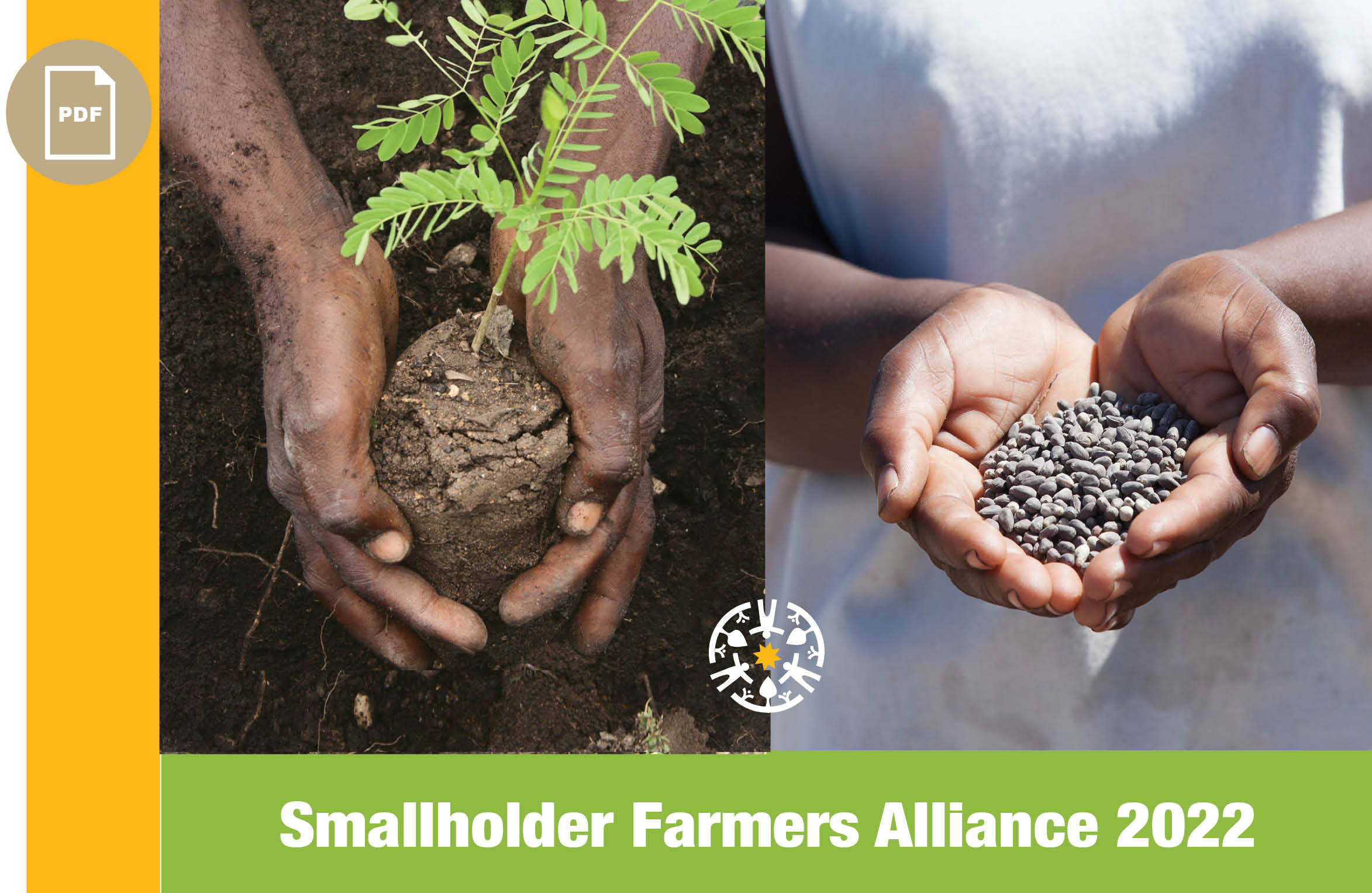
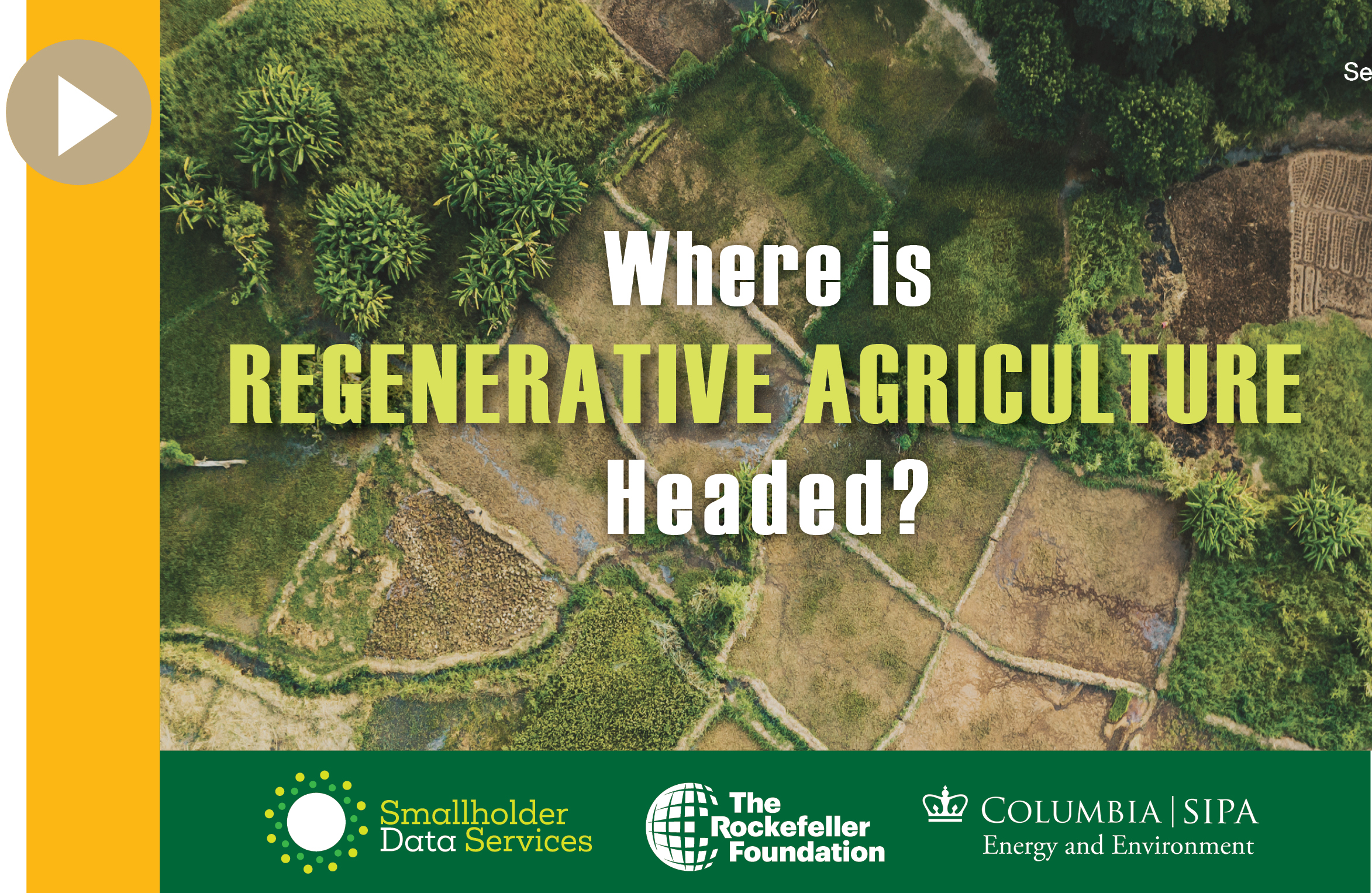
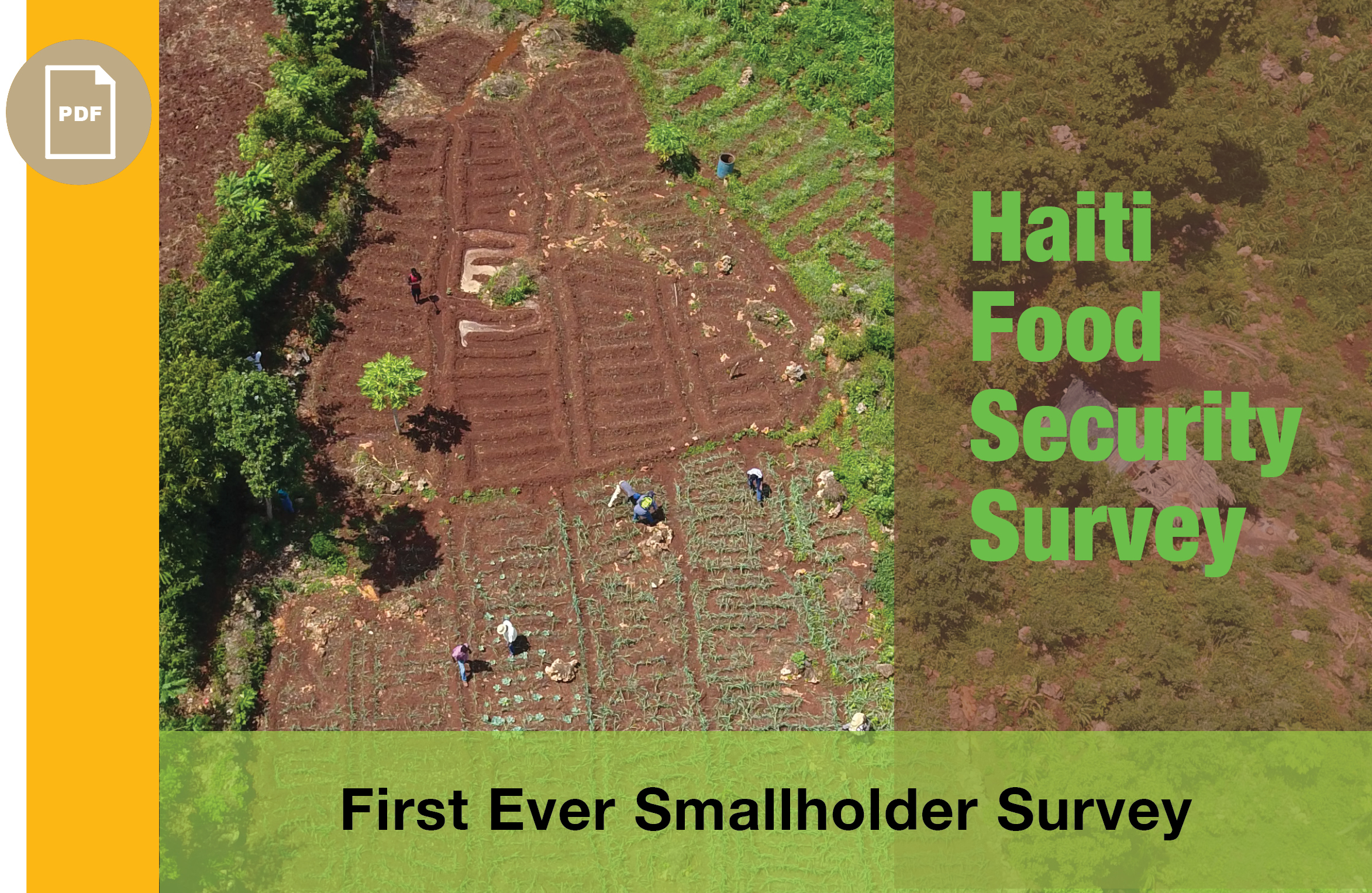
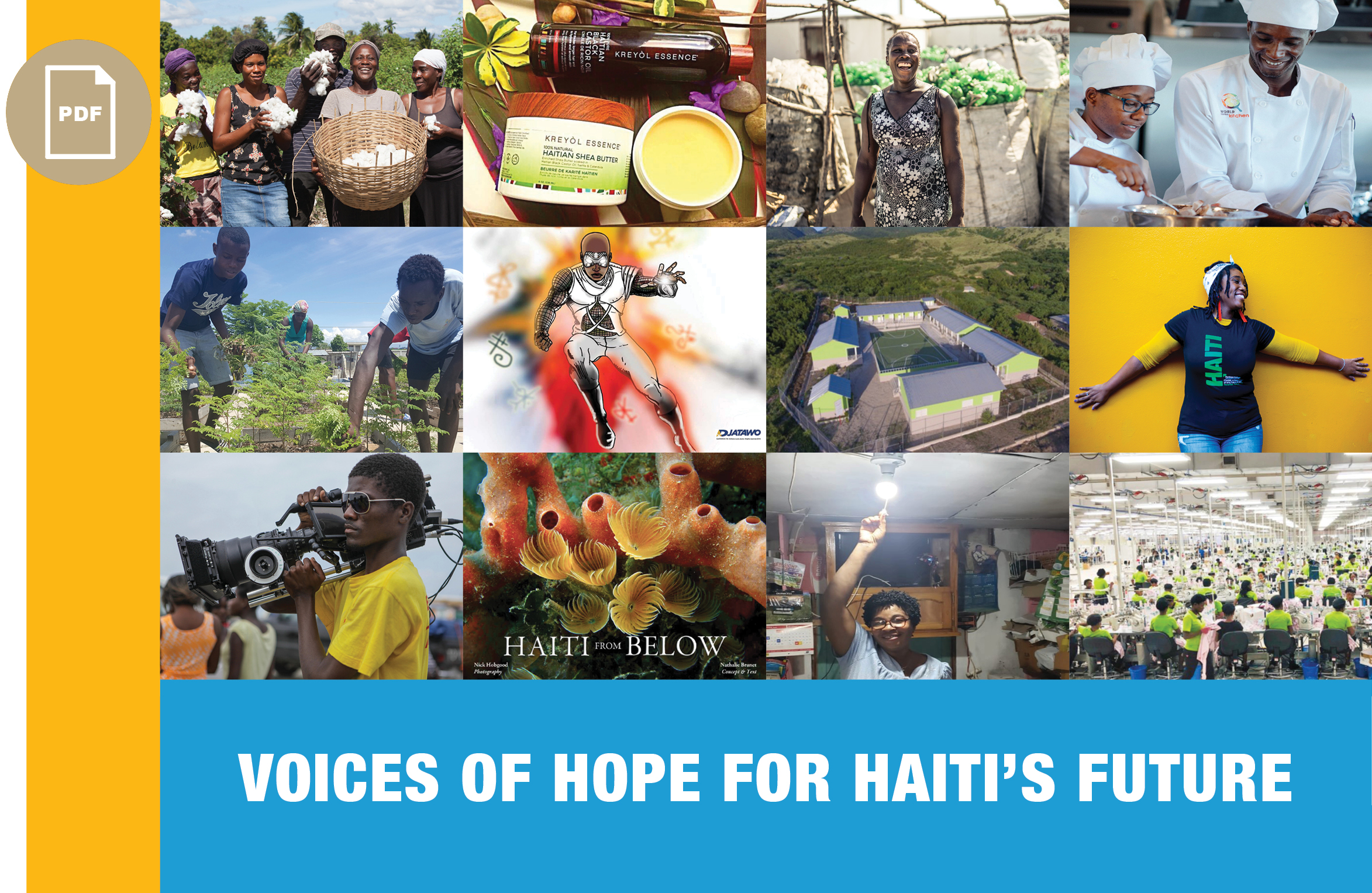
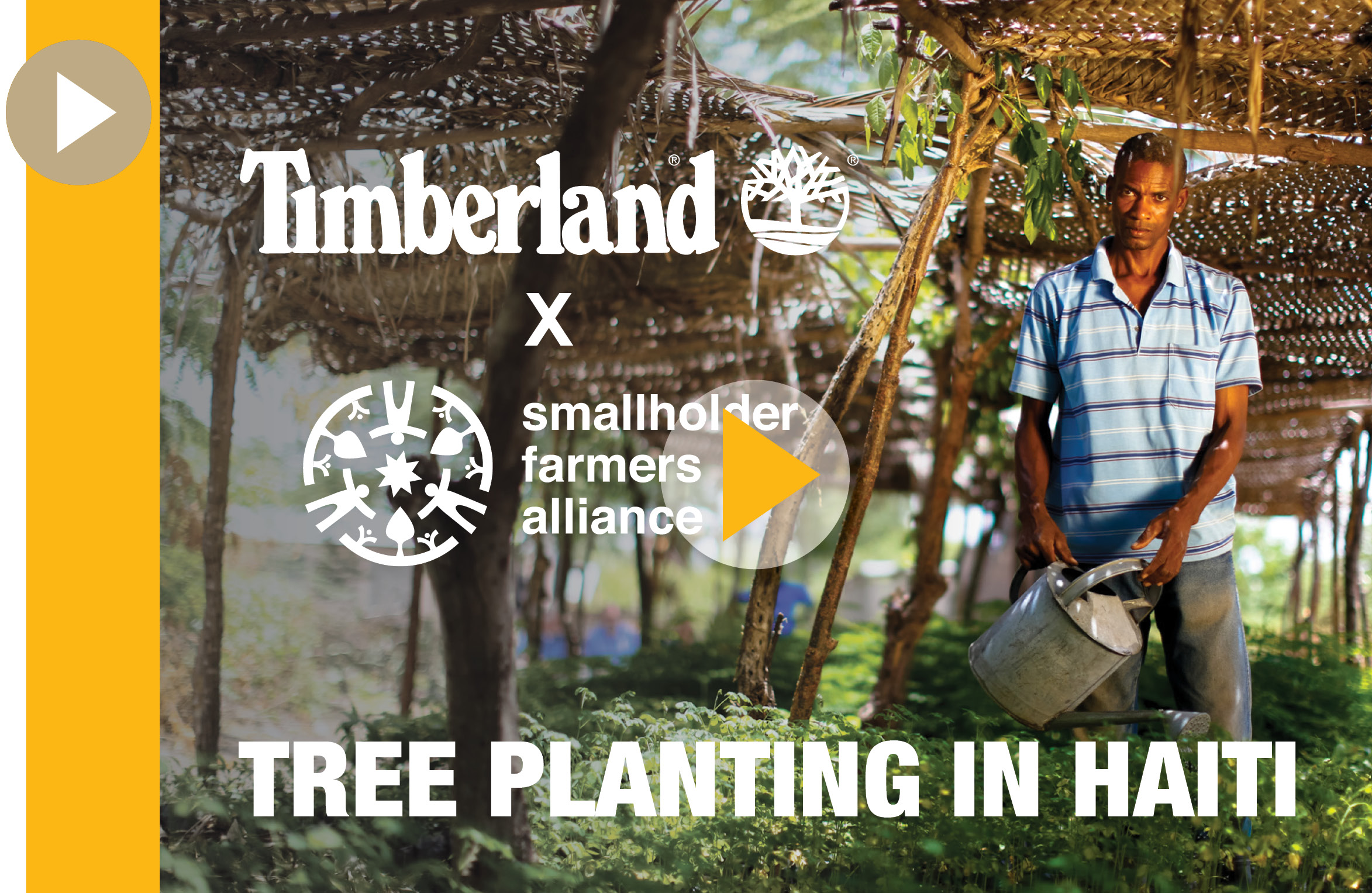
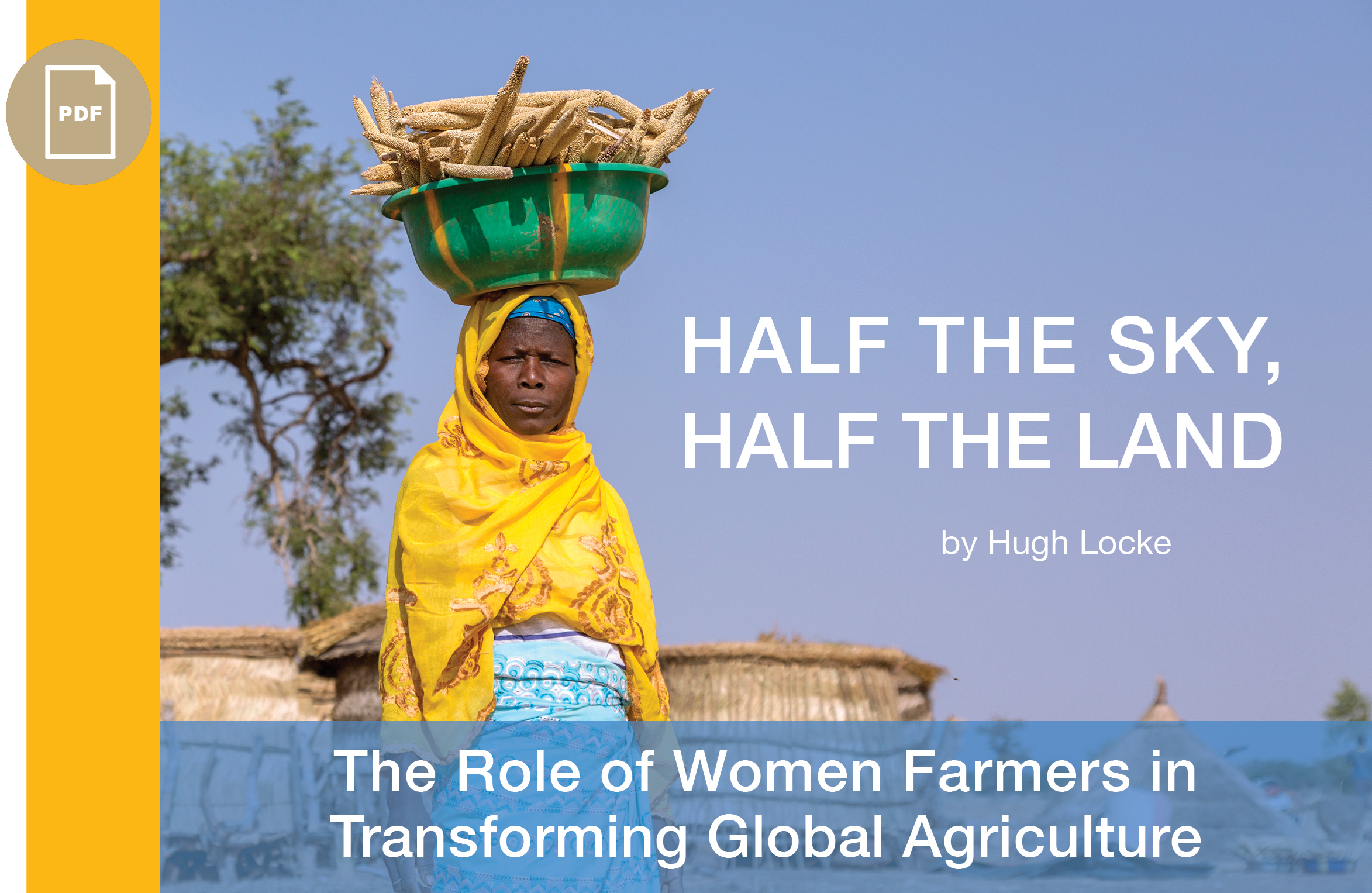
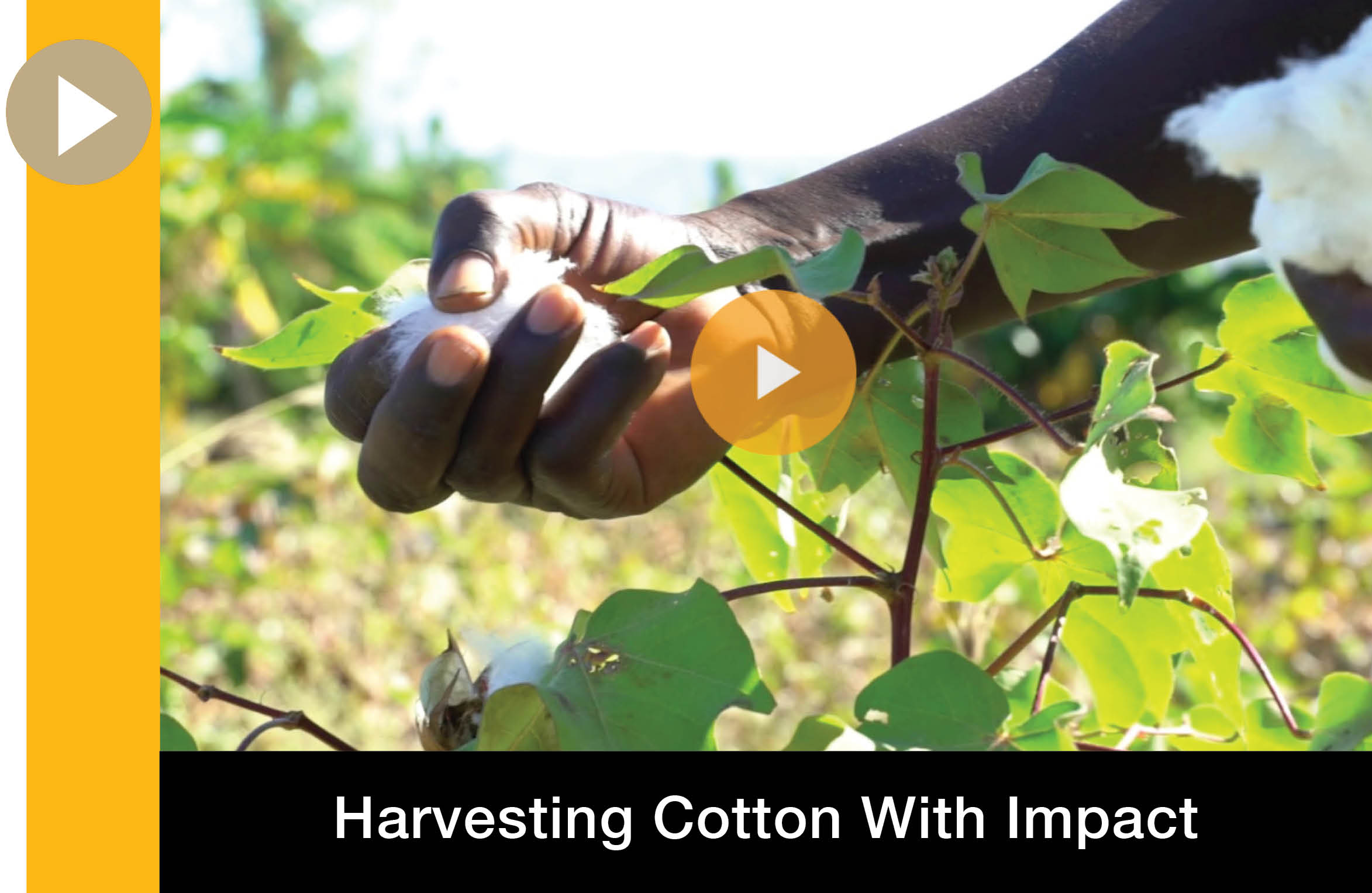
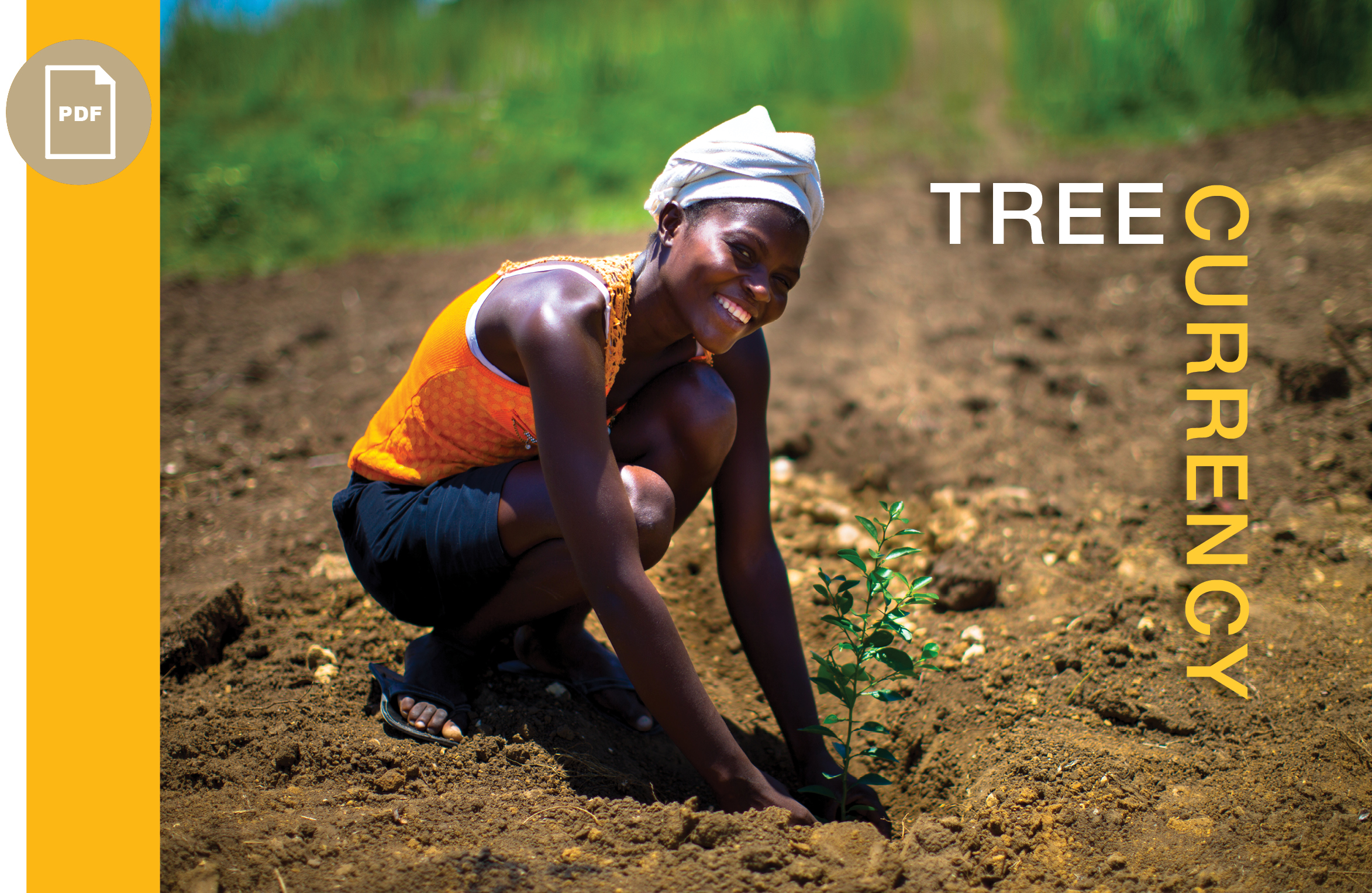
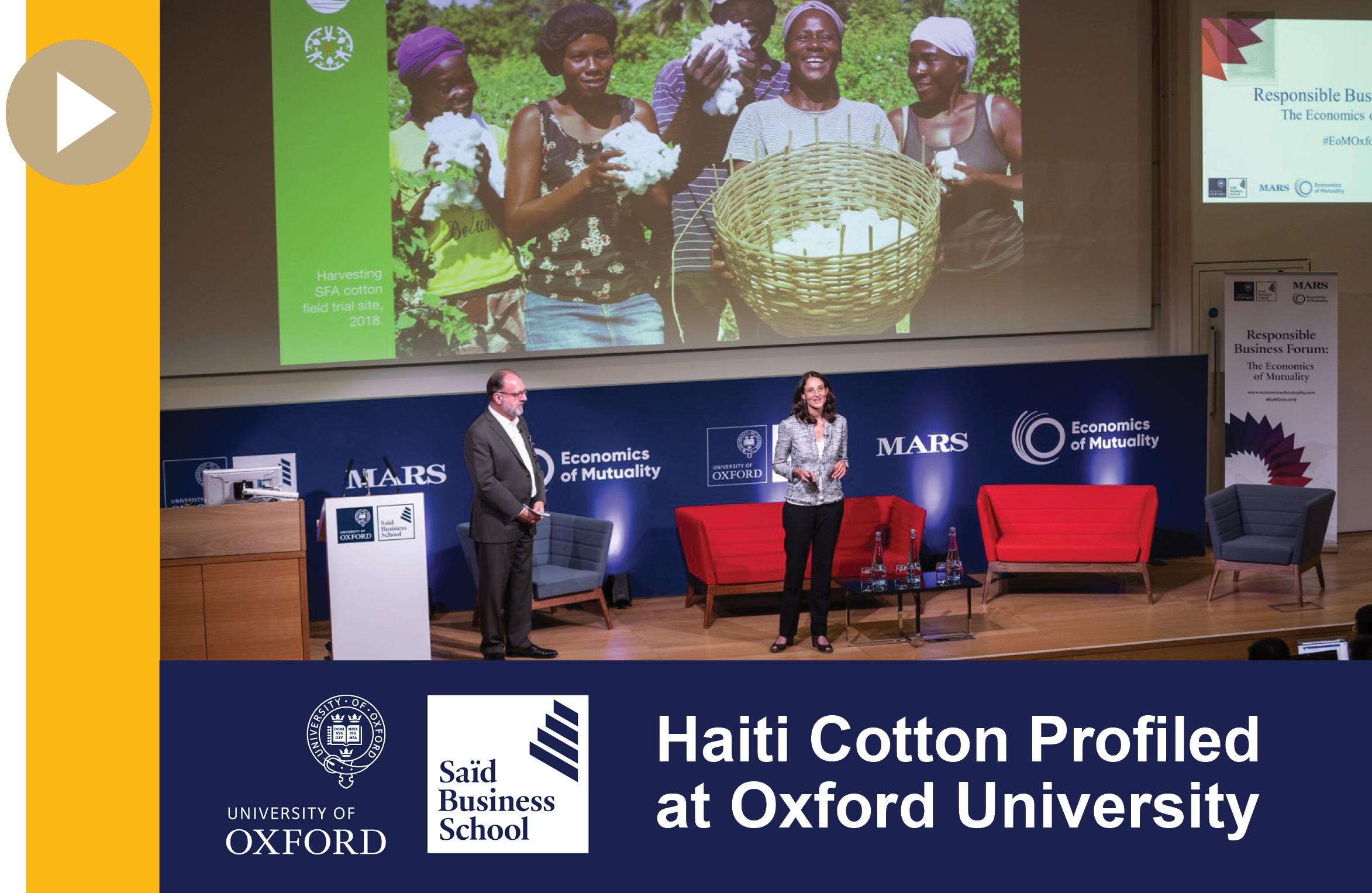
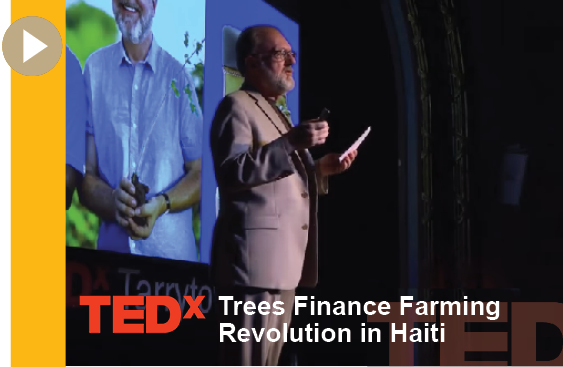
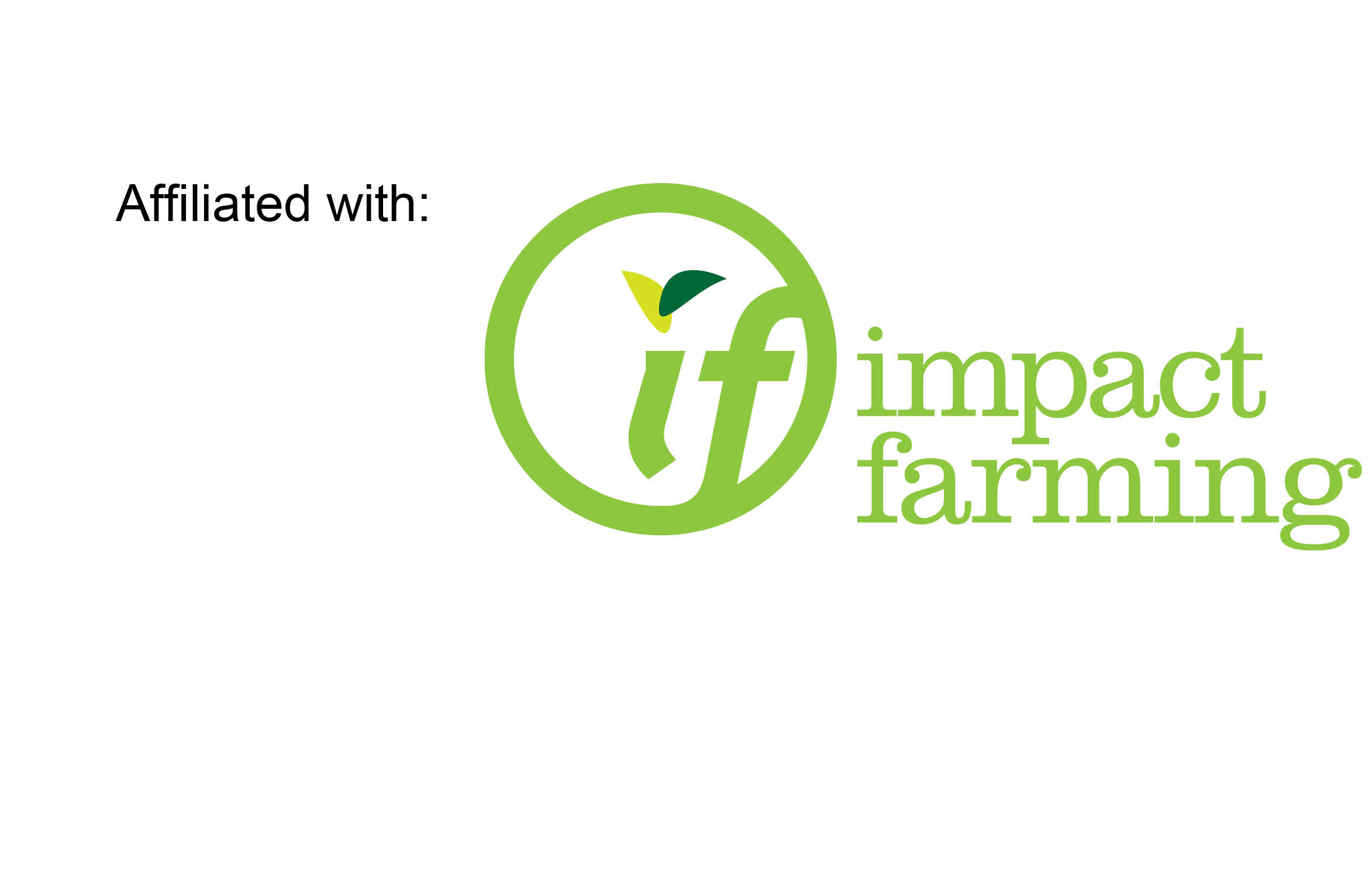
Reader Comments